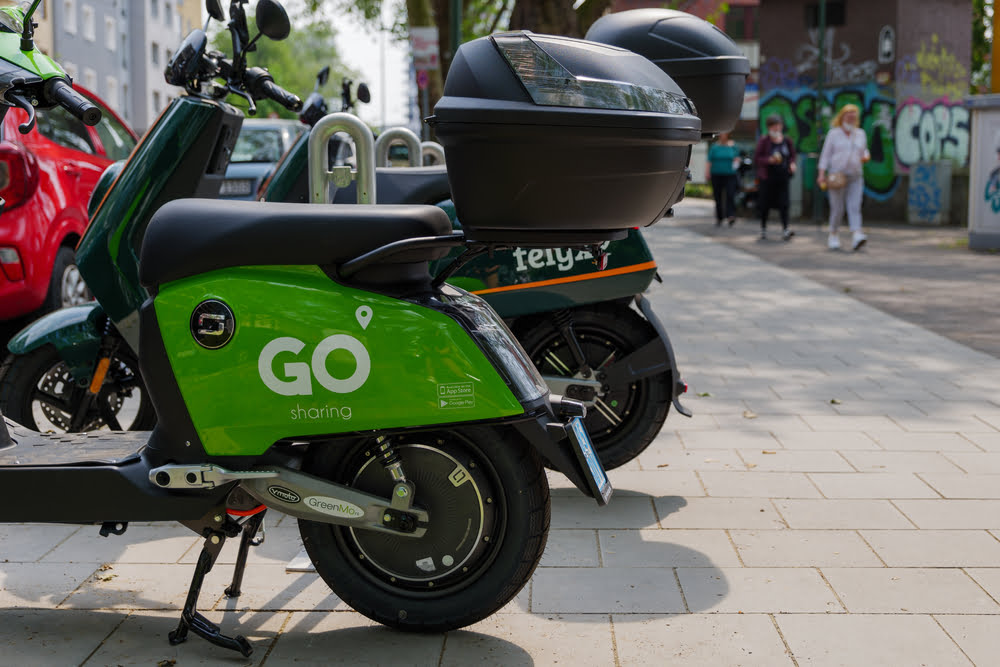As of April 1, Check and Go Sharing can together offer a total of 1200 shared scooters in the city, Felyx will disappear from the city.
In the dynamic world of urban transport in Amsterdam, a striking development has recently come to light that makes the future of shared scooters and shared cargo bikes in the capital uncertain. The municipality of Amsterdam has decided to redistribute the permits for offering these services, with new players being given priority over the established names Felyx and Cargoroo. This decision has caused great unrest among the two pioneers in the field of shared transport, who are covered by Het Parool cited as being 'treated like dirt' by the municipal government.
The selection procedure for the new permits, which will take effect from April 1, is being criticized by the companies involved. According to them, the performance they have delivered in the past is not taken into account, but the focus is on what they describe as 'empty promises' from new providers. For example, Felyx, known for its green shared scooters that have become a familiar sight in many parts of the city, will have to make way for newcomer Go Sharing and the already existing Check, which together can place 1200 shared scooters. Cargoroo, which had built up an experimental but successful presence with its shared cargo bikes in the Rivierenbuurt and the East district, among others, sees the permit going to the Rotterdam provider Baqme, which will soon have space for 750 shared cargo bikes.
The criticism focuses on the assessment process, which a Felyx spokesperson described in Het Parool as dubious. Although the transparency of the process is not directly questioned, it is stated that the assessment method and its outcome do not do justice to the proven capabilities and track record of both Felyx and Cargoroo. This state of affairs raises questions about the criteria that the municipality of Amsterdam uses when awarding such important permits.

The criticism focuses on the assessment process, which a Felyx spokesperson described in Het Parool as dubious.
The decision of the municipality of Amsterdam comes at a time when the demand for sustainable and flexible transport options in the city is increasing. Shared scooters and shared cargo bikes have proven to be a valuable addition to public transport, by offering a solution for the so-called 'last mile' and by contributing to the reduction of traffic and air pollution. The disappearance of Felyx and Cargoroo from the street scene of Amsterdam can therefore be seen as a loss for diversity and innovation within urban transport.
The situation surrounding the permits for shared scooters and shared cargo bikes in Amsterdam illustrates the complexity of managing public space in a growing metropolis. While the city looks for ways to make mobility more sustainable and efficient, the interests of entrepreneurs and policymakers are not always aligned. This incident emphasizes the need for a transparent and fair selection process, in which not only innovation and sustainability, but also the proven services of providers are taken into account.




